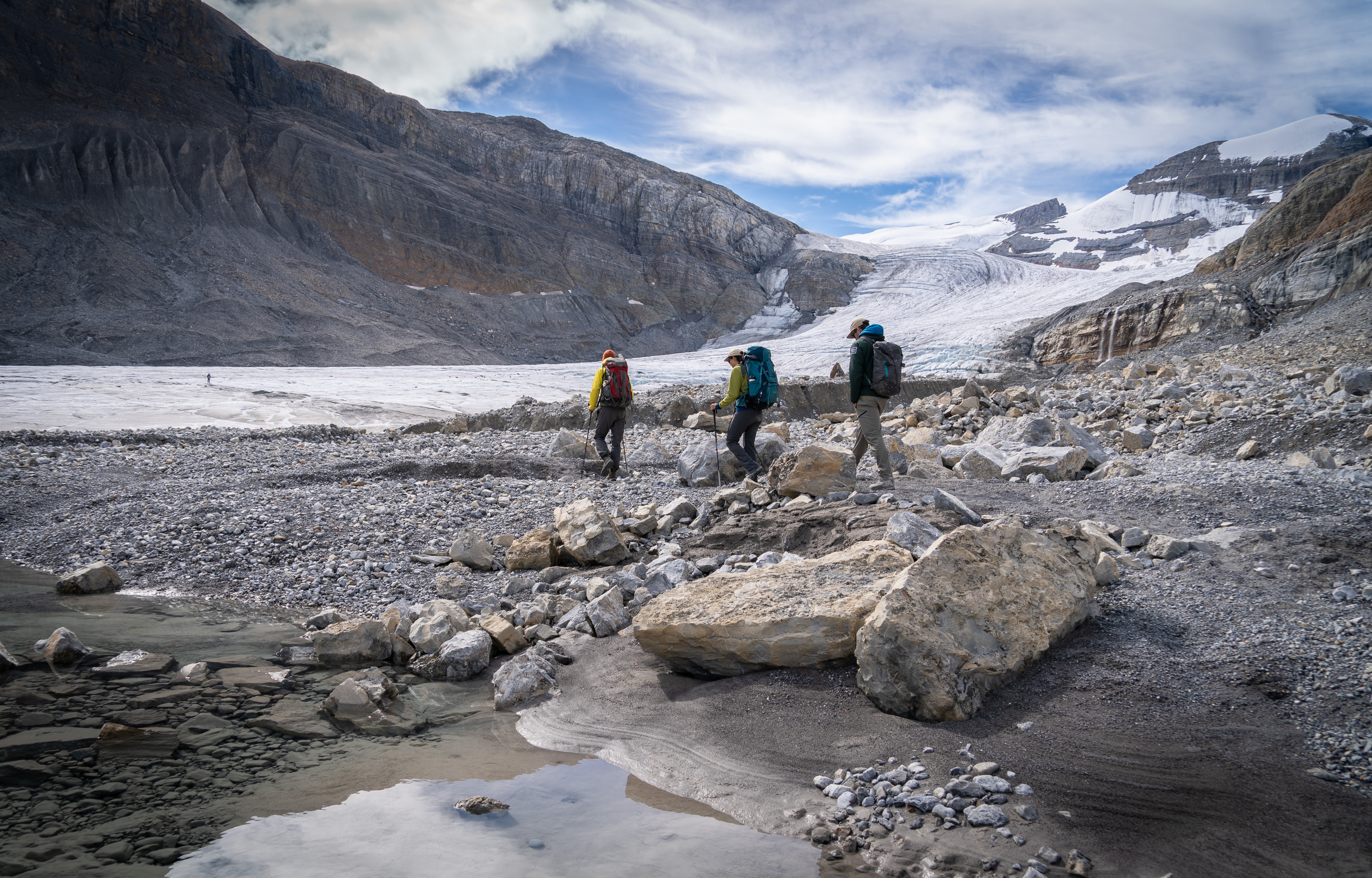The University of Saskatchewan’s Global Institute for Water Security (GIWS) and a top Indian research institution—the Indian Institute of Science (IISc) in Bengaluru—have signed an over-arching agreement to partner for five years on joint research, training and academic exchanges related to water security, climate science, and policy issues.
University of Saskatchewan (USask) President Peter Stoicheff and IISc In-Charge Registrar Indumati Srinivasan have signed an over-arching memorandum of understanding (MOU) that is expected to lead to additional collaboration agreements and implementation plans.
“This is a very exciting research collaboration since both our countries are facing significant water security and climate change challenges,” said Stoicheff.
“At the University of Saskatchewan, we strive to be the university the world needs. A key global need is to better understand glacier decline, snowmelt and groundwater movement—research that is critical to sustainable water supplies and builds upon research strengths both in the Canadian Rockies and the Himalayan regions.”

Researchers at a site on the Peyto Glacier in Banff, AB (Credit: Mark Ferguson)
USask is ranked #1 in Canada for water resources research (2019 Academic Ranking of World Universities). IISc, located in Bengaluru in southern India, is ranked #1 in India for post-graduate research (master’s, PhD and post-doctoral level). Both institutes have a strong national and global network of scientists, policy makers, business leaders and practitioners with whom they collaborate.
“We are really looking forward to this collaboration with GIWS,” said IISc’s Srinivasan. “IISc appreciates the combined efforts of Professor Pradeep Mujumdar who leads our Interdisciplinary Centre for Water Research and of Professor Anjula Gurtoo who leads our Centre for Society and Policy, an interdisciplinary centre for science and technology policy.”
Under the agreement, the two institutes plan to provide access to their respective research facilities, and pursue bi-lateral and/or global funding opportunities. They agree to share research expertise and hydrological models, both at the local and global scale, to predict water futures as affected by both climate change and humans.
As well, the institutes will explore both short- and long-term exchanges of faculty members and highly qualified personnel including graduate students, post-doctoral fellows, and scientists.
USask’s Global Institute for Water Security is a global leader in water science for cold regions and is home to the Global Water Futures program, the world’s largest freshwater research program. The research goal is to transform the way communities, governments and industries in Canada and other cold regions of the world prepare for and manage increasing water-related threats.
Both institutions will build on their strengths, including hydrology of high-mountain regions. For instance, USask offers an intensive 10-day graduate course in the Canadian Rocky Mountains on the physical principles of hydrology. USask also offers a short course on “The Future Professoriate” for graduate students and post-doctoral fellows which examines how to create a “research brand” for a successful research career.
USask President Stoicheff was recently in India where he explored collaborative opportunities with Indian universities, gave a keynote talk on research and innovation at the Global Higher Education Summit and Exhibition sponsored by the Federation of Indian Chambers of Commerce and Industry, and met with senior government officials.


